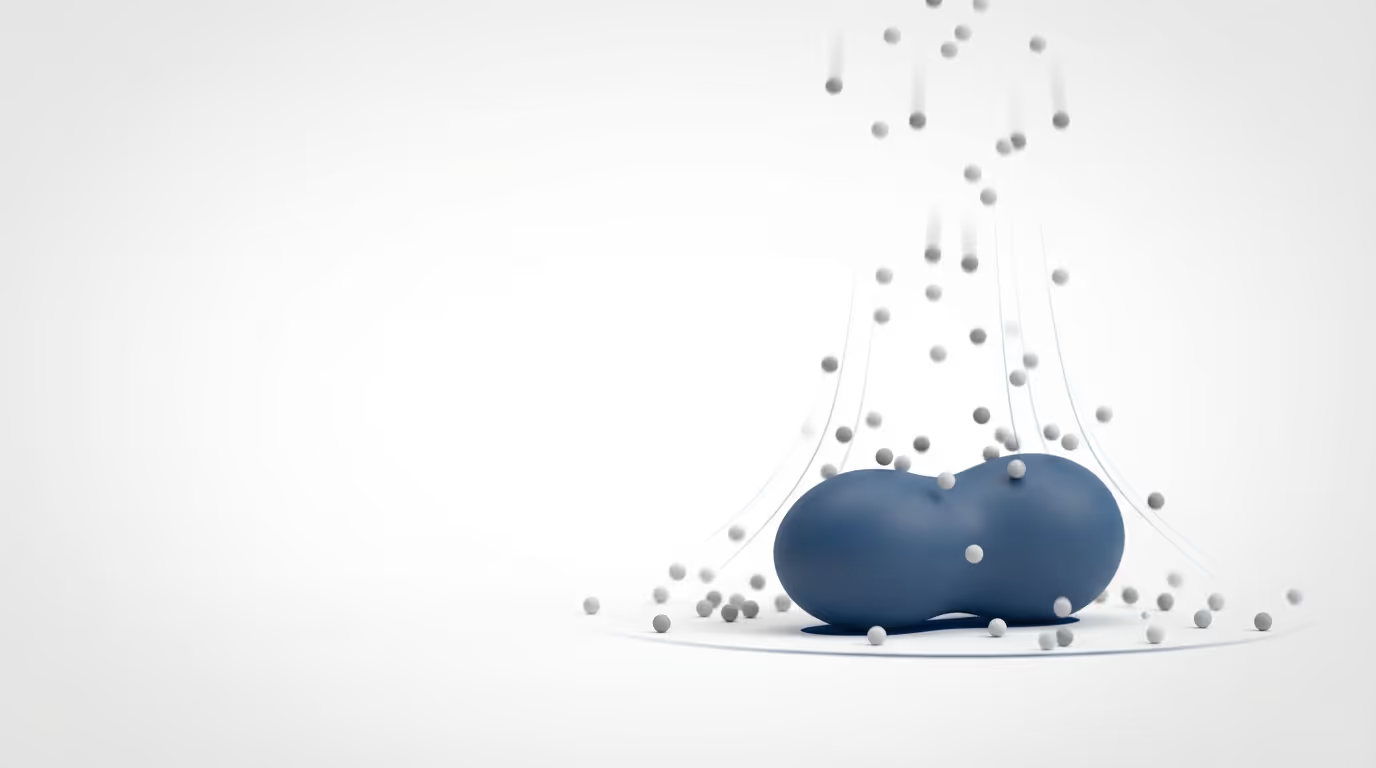Best Nasal Spray for Sinusitis: Steroid vs Saline vs Decongestant
If you suffer from sinusitis, you understand how nasal congestion, facial pressure, and sinus discomfort can make daily activities challenging. Sinusitis, an inflammation of the sinuses, often causes symptoms like nasal stuffiness, headaches, postnasal drip, and a feeling of fullness or pain around the eyes, forehead, or cheeks. Using the best nasal spray for sinusitis can help relieve these symptoms, but with various types available—including saline, steroid, and decongestant sprays—choosing the right one is important.
This article explores what sinusitis is, when nasal sprays are helpful, how to use them properly, safety considerations, things to avoid, when to see a doctor, and frequently asked questions.
Understanding Sinusitis: Causes and Symptoms
Common Causes of Sinusitis
Sinusitis occurs when your sinus cavities—the air-filled spaces behind your forehead, cheeks, and eyes—become inflamed. This swelling can block mucus drainage, leading to pressure and pain. Common triggers include:
- Viral infections: The leading cause of sinusitis. It often develops after an upper respiratory infection like a cold, with congestion and facial pressure typically worsening around day three or four.
- Allergies: Exposure to pollen, dust mites, or pet dander can inflame nasal passages and sinuses. Seasonal allergies often coincide with sinus inflammation.
- Irritants: Cigarette smoke, strong chemical fumes, and pollution can irritate mucous membranes, increasing swelling.
- Bacterial infections: Less common, these sometimes develop after viral sinusitis when mucus becomes trapped and infected, producing thick, colored mucus.
Sinusitis is a widespread condition affecting millions, with symptoms ranging from mild to severe.
Typical Symptoms of Sinusitis
Symptoms often include:
- Nasal congestion or blockage, making nose breathing difficult.
- Facial pain or pressure, which may worsen when bending forward or lying down.
- Thick nasal discharge, sometimes yellow or green; however, discoloration alone does not definitively indicate bacterial infection.
- Headaches or localized pain around the eyes, forehead, or cheeks.
- Reduced sense of smell or taste, which may affect appetite.
- Postnasal drip, causing throat irritation or coughing, especially at night.
When Is Using a Nasal Spray for Sinusitis Appropriate?
Nasal sprays are not a cure-all and may not eliminate the underlying infection in every case. However, they are an essential part of symptom management, especially in mild to moderate sinusitis or alongside other treatments recommended by your healthcare provider. Nasal sprays can:
- Help relieve nasal congestion for easier breathing.
- Reduce inflammation inside nasal passages and sinuses, easing pressure and pain.
- Moisturize nasal tissues to prevent dryness and irritation that can delay healing.
- Flush out allergens, pollutants, and excess mucus.
- Manage allergy symptoms that contribute to chronic or recurrent sinusitis.
If symptoms last longer than 10 days, worsen, or include high fever or severe facial pain, consult a sinus specialist promptly.
Types of Nasal Sprays for Sinusitis: Pros and Cons
Knowing the differences between spray types helps you choose the best nasal spray for sinusitis based on your symptoms.
Saline Nasal Sprays
How they work: Saline sprays contain sterile saltwater to moisten dry nasal passages, loosen thick mucus, and rinse out allergens and irritants.
- Pros:
Safe for frequent, even daily, use in adults and children since they contain no medication. Ideal for ongoing nasal hygiene and gentle relief. For example, allergy sufferers often use saline sprays regularly to maintain clear sinuses. - Cons:
They do not reduce inflammation or swelling, so they may not sufficiently relieve moderate or severe symptoms. Saline sprays are best as a supportive treatment or first step.
Saline sprays offer gentle, safe relief by helping clear and moisturize nasal passages.
Steroid Nasal Sprays (Corticosteroids)
Examples include Flonase and Nasacort (among others).
These sprays reduce inflammation inside the nasal tissues, helping to decrease swelling, mucus production, and congestion.
- Pros:
Commonly recommended for moderate to severe sinusitis, especially when allergies or persistent inflammation are involved. Steroid sprays improve breathing and reduce facial pressure. Medical research supports their safety when used properly. ENT specialists often prescribe these for chronic sinusitis to target underlying swelling. - Cons:
Steroids take several days of consistent use to reach full effect. Side effects can include nasal dryness, irritation, or occasional nosebleeds. Prolonged or improper use should be supervised to minimize risks.
Steroid sprays are effective for reducing inflammation and managing more severe sinus symptoms under medical guidance.
Decongestant Nasal Sprays
Examples include Afrin and Neo-Synephrine.
Decongestants constrict blood vessels in nasal tissues, quickly shrinking swelling and congestion.
- Pros:
Provide rapid relief, often within minutes, which is useful for acute, severe nasal blockage. - Cons:
Intended for short-term use only (usually no more than 3–5 consecutive days). Overuse can cause rebound congestion—worsening swelling after stopping the spray—leading to dependence. Decongestants may also raise blood pressure and should be used with caution in people with hypertension or cardiovascular conditions.
Decongestant sprays are effective for quick relief but require careful short-term use to avoid complications.
Combination Nasal Sprays
Various combination sprays exist that may include steroids with antihistamines or decongestants. Because brand formulations vary, it’s best to consult your healthcare provider about options suitable for your condition.
- Pros:
Can address multiple symptoms simultaneously, such as congestion and allergic inflammation. - Cons:
May increase the risk of side effects if misused; medical supervision is important.
Combination sprays provide broad symptom relief but should only be used under medical advice.
Proper Usage Guidelines for Nasal Sprays
To maximize effectiveness and reduce side effects:
- Gently blow your nose to clear mucus.
- Shake the bottle if instructed.
- Tilt your head slightly forward and insert the nozzle into your nostril, aiming slightly outward (away from the nasal septum).
- Spray while gently inhaling through the nose to deliver medication deeply.
- Repeat in the other nostril as directed.
- Clean the nozzle after each use and avoid sharing sprays.
- Use sprays according to recommended frequency and duration—saline and steroid sprays often can be used daily, while decongestants should be limited to 3–5 days.
Dr. Lisa Goodman, ENT specialist at Sleep and Sinus Centers of Georgia, notes, “Proper technique ensures the medication reaches the areas where it’s needed and helps prevent irritation.”
Correct application enhances nasal spray benefits and helps avoid complications.
Safety Considerations and Possible Side Effects
Most nasal sprays are safe when used correctly, but be aware of potential effects:
- Saline sprays: Rarely cause side effects; some may experience mild nasal irritation.
- Steroid sprays: Possible nasal dryness, irritation, or light nosebleeds; report persistent issues to your healthcare provider. Prolonged use should be supervised.
- Decongestant sprays: Risk of rebound congestion and nasal irritation if overused; caution advised for individuals with high blood pressure or heart conditions.
- General: Never share nasal sprays to prevent infections, and monitor expiration dates.
Seek medical advice for severe nosebleeds, persistent irritation, or worsening symptoms.
Knowing potential side effects helps you use nasal sprays safely and effectively.
Things to Avoid to Prevent Complications
To support sinus health and avoid setbacks:
- Do not exceed recommended use, especially for decongestant sprays.
- Avoid combining multiple medicated sprays without doctor approval to reduce side effect risks.
- Don’t ignore symptoms that persist or worsen—they may indicate bacterial infection or other issues needing professional care.
- Avoid irritants such as cigarette smoke, strong perfumes, and pollution that can prolong inflammation.
Following these precautions promotes recovery and prevents complications.
When to See a Doctor
Consult a healthcare professional if you experience:
- Sinus symptoms lasting longer than 10 days without improvement or recurring frequently.
- Severe facial pain or swelling, high fever, or changes in vision.
- Difficulty breathing through the nose despite nasal spray use.
- Thick yellow or green nasal discharge accompanied by high fever (possible bacterial infection).
Specialists use advanced diagnostics and can tailor treatments such as prescription sprays, sinus irrigation, or surgery if needed.
Prompt medical evaluation ensures proper diagnosis and effective treatment.
FAQs About Nasal Sprays and Sinusitis
Q: What is the safest nasal spray for sinusitis?
A: Saline nasal sprays are generally the safest and can be used frequently by most people, including children and pregnant women. They moisturize and clear nasal passages without medication-related side effects.
Q: Can steroid nasal sprays be used daily?
A: Yes, under medical supervision. They often require several days of regular use to work effectively. Your healthcare provider will monitor long-term use to ensure safety.
Q: Why should decongestant sprays not be overused?
A: Using decongestants beyond 3–5 days can cause rebound congestion, worsening nasal swelling after stopping the spray and potentially leading to dependence.
Q: How quickly do nasal sprays work?
A: Decongestants provide relief within minutes. Steroid sprays may take several days to reduce inflammation. Saline sprays soothe and clear passages almost immediately.
Q: Can saline sprays be used with medicated sprays?
A: Yes. Saline sprays can be used before medicated sprays to clear mucus and improve absorption.
Need Help Choosing the Best Nasal Spray for Sinusitis?
Choosing the best nasal spray depends on your symptoms, underlying causes, and overall health. If you’re unsure which spray suits you or your symptoms persist despite treatment, a consultation with a sinus specialist is recommended.
The team at Sleep and Sinus Centers of Georgia can help identify causes and develop a personalized, safe treatment plan.
Ready to breathe easier?
Book your appointment with Sleep and Sinus Centers of Georgia today.
References
- American Academy of Otolaryngology – Head and Neck Surgery: Sinusitis Overview
- Centers for Disease Control and Prevention (CDC): Sinus Infection (Sinusitis)
- UpToDate: Treatment of Acute and Chronic Rhinosinusitis
- The Conversation, “From headaches to addiction: The risks of overusing nasal decongestant sprays”
- GoodRx.com: Nasal Spray Comparison Reviews
Choosing the best nasal spray for sinusitis improves breathing and quality of life.
Always consult a healthcare provider if symptoms worsen or persist.
Disclaimer: This article is for educational purposes only and is not medical advice. Please consult a qualified healthcare provider for diagnosis and treatment.
Don’t let allergies slow you down. Schedule a comprehensive ENT and allergy evaluation at Sleep and Sinus Centers of Georgia. We’re here to find your triggers and guide you toward lasting relief.








